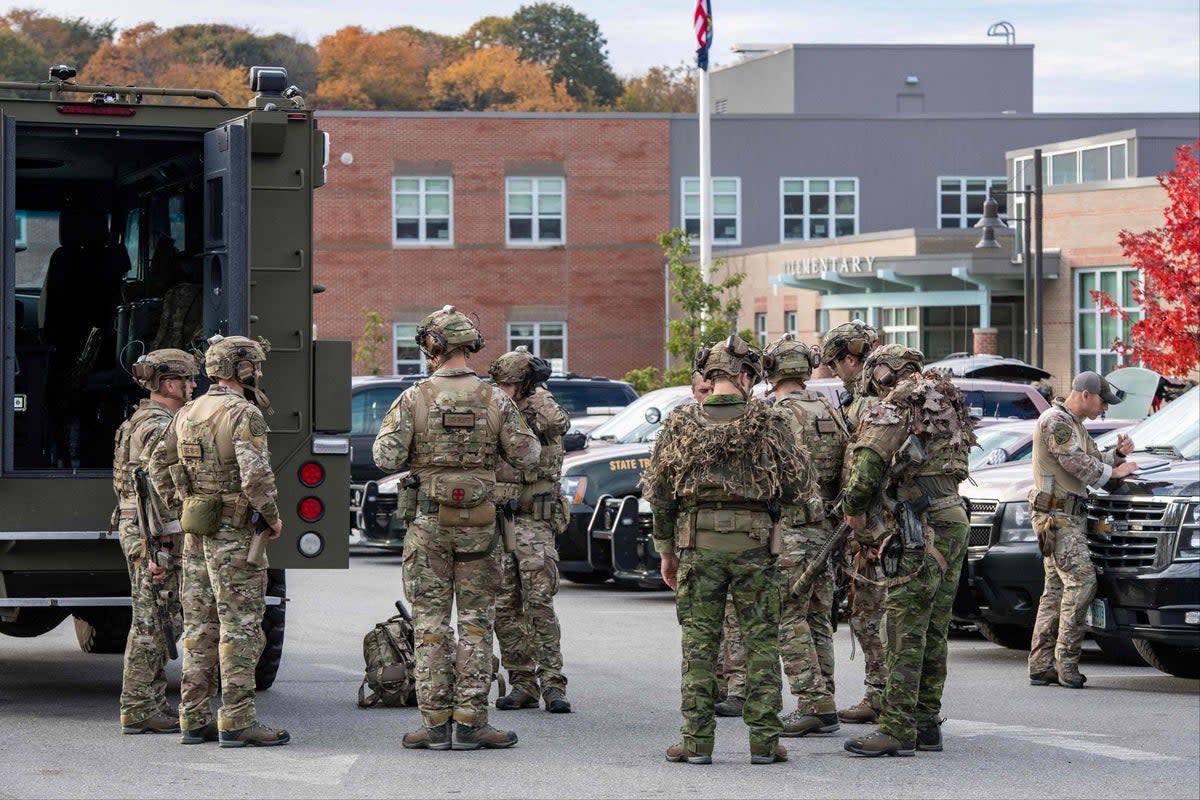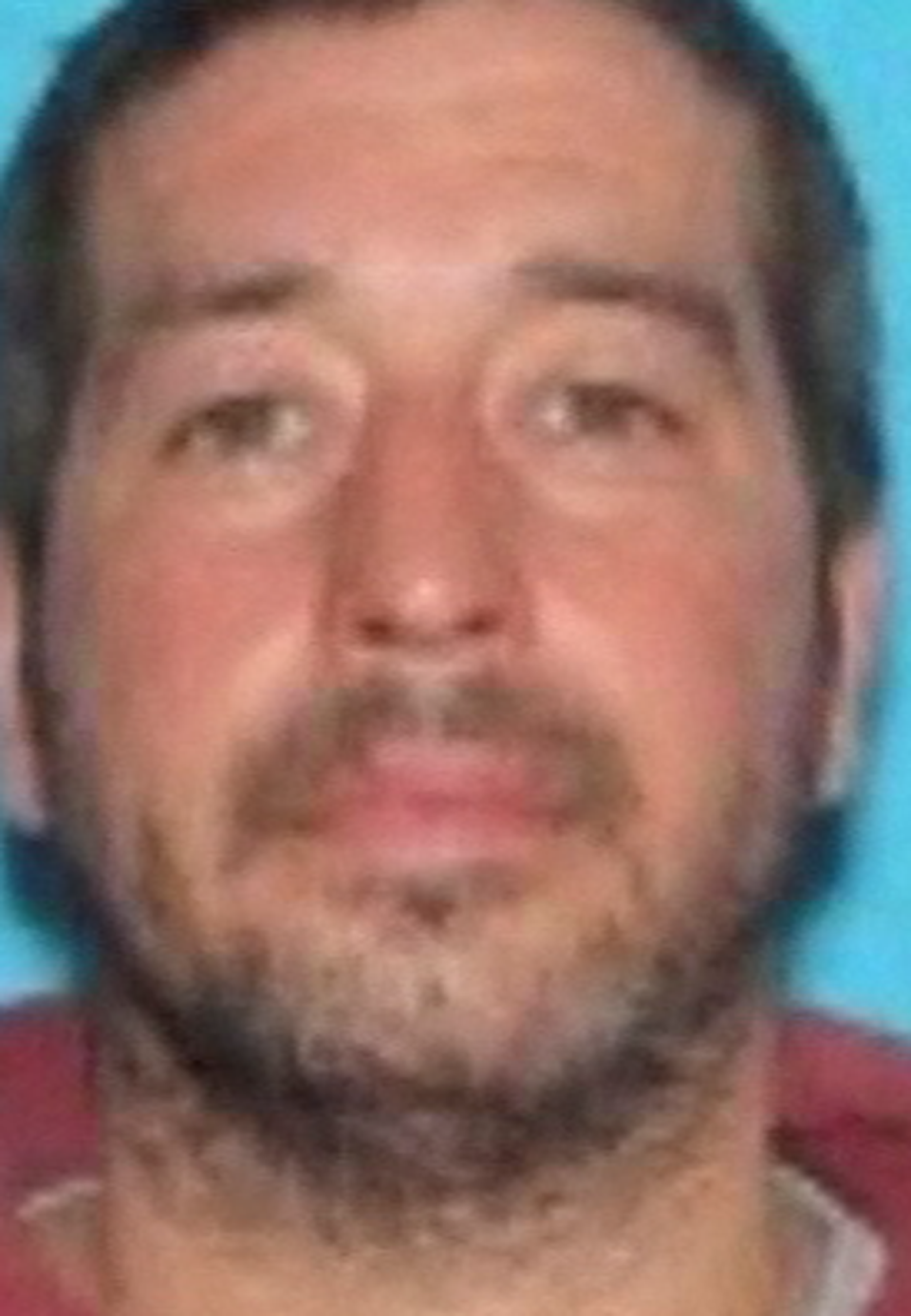Maine shooting: Gunman's brain to be examined for injuries

Tissue samples from the brain of a gunman who killed eighteen people in a mass shooting in Maine will be examined in case any possible injuries contributed to the man's behaviour, officials said on Monday.
Robert Card carried out the mass shooting at a bar and a bowling alley in Lewiston on October 25 and was found dead by suicide two days later.
The tissue will be examined for signs of trauma or injury relating to the 40-year-old’s previous service in the US Army Reserves, officials said.
A spokesperson for the state medical examiner’s office said he wanted to know whether a brain injury could have contributed to his actions.
The spokesperson said the step was "due to the combined history of military experience and actions".
"In an event such as this, people are left with more questions than answers. It is our belief that if we can conduct testing (in-house or outsourced) that may shed light on some of those answers, we have a responsibility to do that," the spokesperson said.

The tissue samples, first reported by The New York Times, were sent to a laboratory at Boston University that specialises in problems associated with brain trauma.
The concerns surround Card's exposure to repeated blasts while training US Military Academy cadets in guns, anti-tank weapons and grenades at West Point military academy in New York.
Family members reported that Card had sunk into paranoid and delusional behaviour that preceded him being hospitalised for two weeks last year before he carried out the mass shooting.
His fellow soldiers were concerned enough that his access to weapons was restricted when he left the hospital.
Police officials in Maine were warned about concerns from Card's fellow reservists but Card didn't answer the door at his home when they attempted to check on his well-being several weeks before the shootings.
Sixteen men and two women were killed by Card. Their ages ranged from 14 to 76. Thirteen other people were wounded in the attack.

 Yahoo News
Yahoo News 
